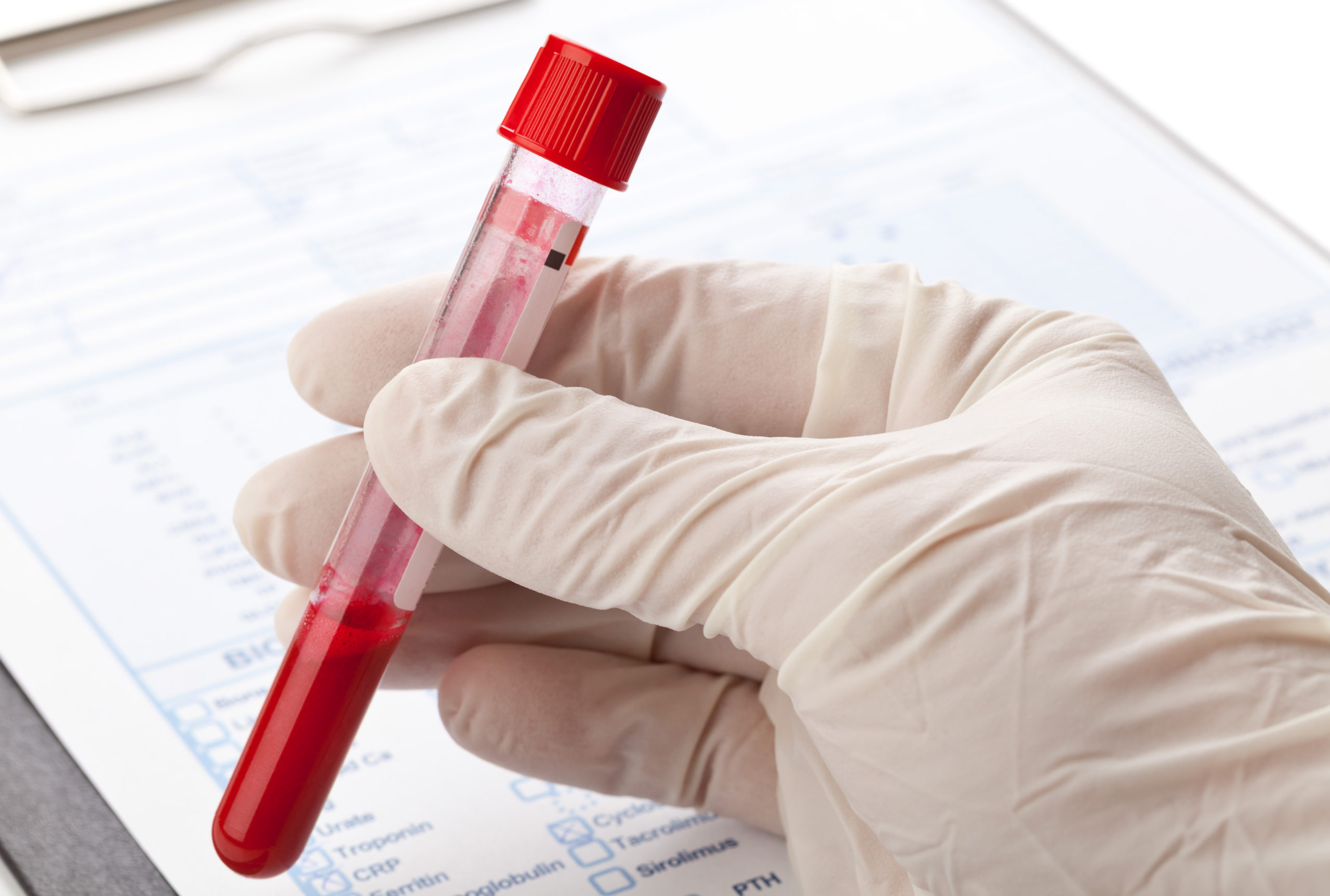The U.S. Centers for Disease Control and Prevention (CDC) posted new guidance on its website stating that antibody tests, which are used to determine whether people have been infected in the past with COVID-19, might be wrong more than half the time.
Also called serologic tests, antibody tests are performed to look for evidence of an immune response to infection. The CDC says, “Antibodies in some persons can be detected within the first week of illness onset.”
However, the federal health agency says those tests are not accurate enough to make important policy decisions.
It says, “Serologic test results should not be used to make decisions about grouping persons residing in or being admitted to congregate settings, such as schools, dormitories, or correctional facilities.”
“Serologic test results should not be used to make decisions about returning persons to the workplace,” the CDC adds.
The CDC has also mentioned that medical providers should use the most accurate test.
The CDC says, “In most of the country, including areas that have been heavily impacted, the prevalence of SARS-CoV-2 antibody is expected to be low, ranging from less than 5% to 25%, so that testing at this point might result in relatively more false-positive results and fewer false-negative results.”
A false-positive test could lead health officials to believe that people have been infected with the virus when in fact they have not been.
“It cannot be assumed that individuals with truly positive antibody test results are protected from future infection,” the CDC says in the updated guidance.
“Serologic testing should not be used to determine immune status in individuals until the presence, durability, and duration of immunity is established,” it adds.
The CDC has also explained why serologic testing could go wrong so often on its website.
It advises using tests with high specificity, which are unlikely of delivering false positives results. It also recommends using the tests with high specificity in populations where medical providers suspect there are many cases. The U.S. Food and Drug Administration (FDA) has also warned about the accuracy of serologic tests, mentioning the details on its website.























